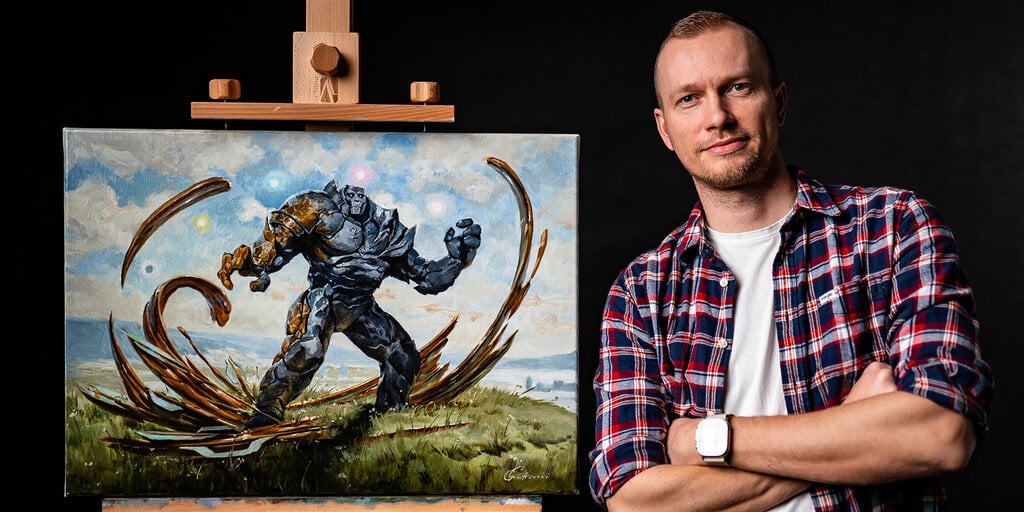Greg Rutkowski, a digital artist known for his surreal style, opposes AI art but his name and style have been frequently used by AI art generators without his consent. In response, Stable Diffusion removed his work from their dataset in version 2.0. However, the community has now created a tool to emulate Rutkowski’s style against his wishes using a LoRA model. While some argue this is unethical, others justify it since Rutkowski’s art has already been widely used in Stable Diffusion 1.5. The debate highlights the blurry line between innovation and infringement in the emerging field of AI art.



I’m also an artist, for whatever that’s worth, 🤷🏻♀️
Copyright is artificial scarcity which is ultimately designed for publishers, not workers.
One of the many, many bugs in market capitalism is that it can’t handle when something is difficult to initially create but when copies are cheap. Like a song. It’s tricky to write it but once you have it you can copy it endlessly. Markets based on supply and demand can’t handle that so they cooked up copyright as kind of a brutal patch, originally for book publishers in an era where normal readers couldn’t easily copy books anyway, only other publishers could.
It’s a patch that doesn’t work very well since many artist still work super hard and still have to get by on scraps. Ultimately we need to re-think a lot of economics. Not only because digital threw everything on its ear and what could’ve been a cornucopia is now a tug of war for pennies, but also because of climate change (which is caused by fossil fuel transaction externalities being under-accounted for—if I sell you a can of gas, the full environmental impact of that is not going to be factored in properly. Sort of like how a memory leak works in a computer program).
I definitively sympathize with your artist friends and I’ve been speaking out against AI art, at least some aspects of it (including, but not limited to, the environmental impact of new models, and the increasing wealth&power concentration for big data capital).